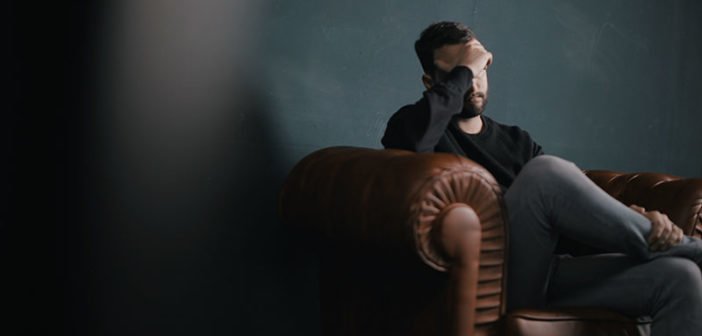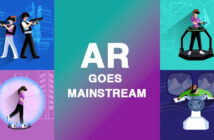Virtual reality is now hitting the point where it is a household name and known to all ages from teenage gamers to grandparents. The technology is even accessible to all by being offered at a wide variety of price points from Google Cardboard to fully immersive experiences like The Void. However, despite widespread knowledge of the technology, consumer-facing VR seems to be mainly thought of as another gaming platform. But a handful of applications are taking a different approach, with some even venturing into the mental health space.
Mental health is a very broad topic and is discussed extensively by the media these days, so it should be no surprise that people are trying to leverage any new technology for mental health needs. And while virtual reality and its mental health use cases are still in their infancy, there are several exciting applications for it already.
Consumer Applications:
- Support Groups –Grove is an application that allows people to create mental health support groups in VR. Their website explains it as “…an AA meeting in virtual reality”, but it will be offered for a variety of mental health topics ranging across depression, anxiety, addiction, loss, and more. While they haven’t launched yet, it appears they will be launching a Kickstarter this month and launching the application early next year.
- Meditation – One of the most common applications you’ll find on the Oculus Store in relation to mental health is meditation. Apps like Guided Meditation VR, Calm, and more put you in scenic environments from the mountains to the beach and anywhere in between. Overlayed with peaceful music and a virtual instructor walking you through a guided meditation, it certainly can be very relaxing.
- Teaching About The Brain –InMind is a game on the Oculus store that focuses on understanding the issues that can occur in the brain and how that can translate to a mental disorder. Their description on the Oculus Store says “…journey into the patient’s brains in search of the neurons that cause mental disorder”. Applications of this style may be able to help people understand mental disorders better or even understand their own if they are dealing with one.
Professional Applications:
- Exposure Therapy – Exposure therapy is one of the most commonly used applications of VR in a clinical setting. Therapists will use VR to expose the patient to anxiety-inducing stimuli in a safe setting. These anxiety-inducing stimuli could be anything from social situations to flying to spiders to PTSD and more. The goal is that by experiencing these situations in a safe environment, the patient will then be able to face them in everyday life.
- Pain Management – While this use isn’t fully understood, there have been research studies showing that VR can help lower the pain a patient currently feels. It is thought that this primarily happens due to the patient being distracted by a calm setting like sitting on a beach and hearing the waves crash, instead of experiencing a more stressful environment.
The utilization of VR, while still being explored, is already being used for a surprising variety of applications. Everything across mental health support groups, meditation, exposure therapy and more are striving to take virtual reality from being viewed primarily as a videogame platform to something much more powerful. Only time will tell just how many uses there are for VR as it progresses.
Note: If you know anyone that you think may benefit from the platforms described above, please inform them about them.




